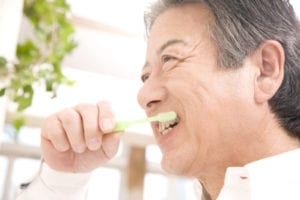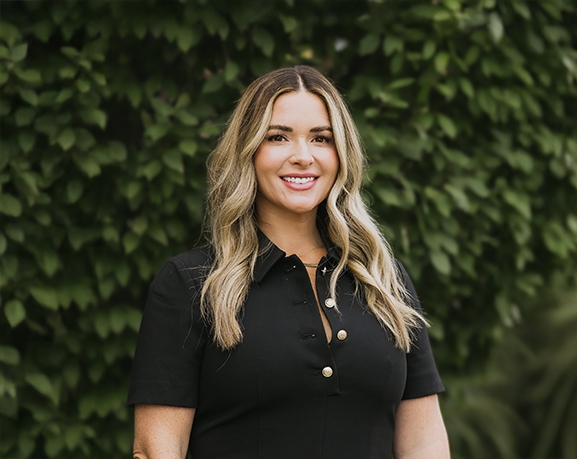 As we get older, issues that affect our oral health can worsen. While most people know that routine health and dental care is important, they may be surprised to find that poor mouth health can increase their risk for conditions such as diabetes and heart disease. Fortunately, there are steps you can take to safeguard your mouth:
As we get older, issues that affect our oral health can worsen. While most people know that routine health and dental care is important, they may be surprised to find that poor mouth health can increase their risk for conditions such as diabetes and heart disease. Fortunately, there are steps you can take to safeguard your mouth:
Treat the Cause
Did you know that about one in three older adults experiences dry mouth on a regular basis? Often, this condition is the result of taking medications such as over-the-counter painkillers, decongestants, and antihistamines. It’s important to know this is treatable and is not a normal consequence of aging. You may have dry mouth if you experience any of the following:
- Frequent thirst
- A sticky feeling in the back of your throat
- Bad breath
- Cracks or sores around your mouth
Though it may just seem like a nuisance, dry mouth can lead to serious health problems. A lack of saliva makes it difficult for your mouth to get rid of bacteria, which can lead to tooth decay and gum disease.
If you have dry mouth, talk to your pharmacist and dentist. If it’s due to medications, don’t stop taking them – but there might be another drug you can try. You can also try sleeping with a humidifier and taking an oral moisturizer.
Brush Daily
Scrubbing your teeth twice daily is just as important for you as it is for your grandchildren. Even if you haven’t had a cavity in years, your risk increases as you age. Use a toothpaste containing fluoride, using a brush with soft bristles that can get into hard-to-reach places. Replace your toothbrush every three to five months.
If you have dentures, clean them daily with a solution made specifically for them. It’s essential to take care of your dentures, as bacteria can stick to them and cause gum disease.
Visit Your Dentist Regularly
The American Dental Association recommends visiting your oral health professional at least once a year. Don’t wait until you experience pain before you book your appointment. As we age, our nerve endings get smaller. If you wait until you’re in pain before visiting, you may lose a tooth.
Tooth loss and gum disease are preventable with regular checkups, with a good oral hygiene regimen, and by following your dentist’s orders. If you have any questions about oral care for older adults, ask your dental professional at your next appointment or contact us for more information.
The information and content on our website should not be used as a substitute for medical treatment or advice from your doctor.












